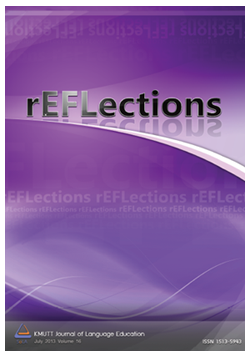Differing Views on the Age Factor in Foreign Language Learning
Main Article Content
Abstract
There have been debates on the right age to start learning a foreign language, especially, English. A great number of researchers have revealed evidence to support the notion, ‘the younger to start, the better’. In contrast, others argue and advocate for implementing instruction of English a little later in life. Studies also have revealed that other factors play important roles in this, varying from naturalistic and instructed second language learning settings, lengths of exposure, initial age of learning as the beginning of significant exposure, affective factors, individual factors, and classroom factors. So far, there has not been a definitive finding asserting the right age or the right factors to start learning a foreign language which has resulted in a consensus on this matter. This paper intends to show different viewpoints toward the controversy over the ‘Age Issue’ as well as looks into other factors that cause effective learning in foreign language learning. In addition, the author shows a couple of findings concerning another factor not related to the ‘Age’ factor in Thai educational setting context such as students’ motivations and beliefs. All issues and factors mentioned in this paper are meant for novice teachers to see which issues or factors fit with their context, so they can design their teaching approaches appropriately.


